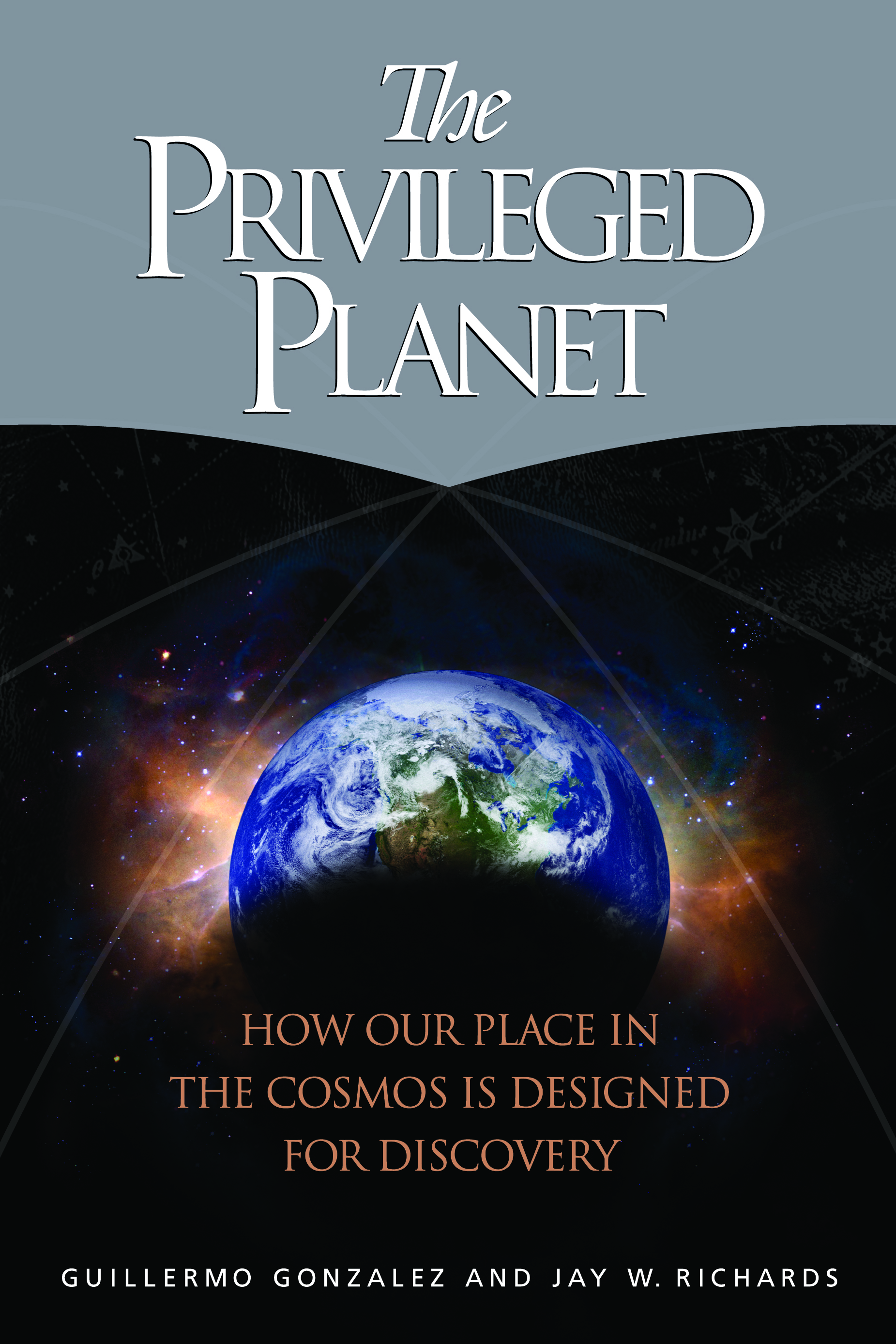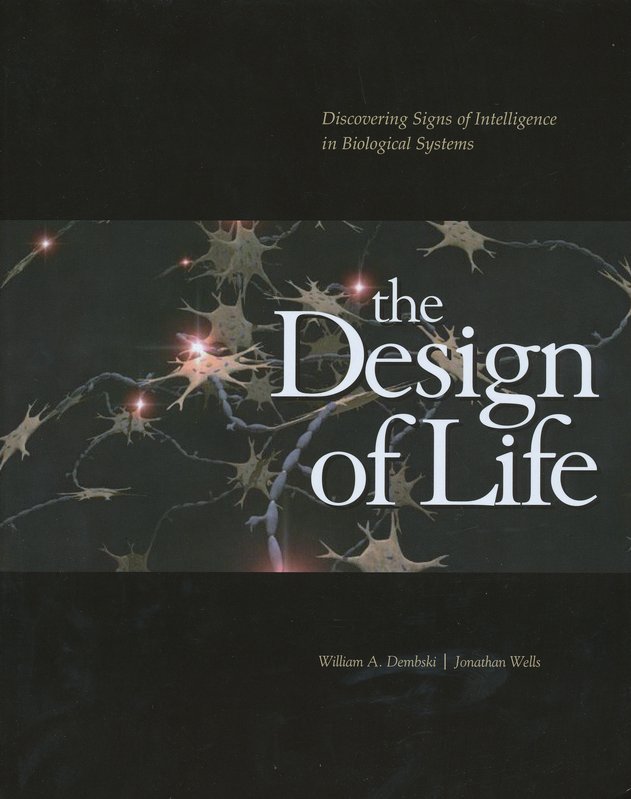Description
For centuries scientists and philosophers have marveled at an eerie coincidence. Mathematics, a creation of human reason, can predict the nature of the universe, a fact physicist Eugene Wigner referred to as the “unreasonable effectiveness of mathematics in the physical sciences.” In the last three decades astronomers and cosmologists have noticed another, seemingly unrelated, mystery. Contrary to all expectations, the laws of physics seem precisely “fine-tuned” for the existence of complex life.
Could these two wonders actually be isolated pieces of a wider pattern? Both are prerequisites for science, yet what about the process of scientific discovery itself? What are its necessary conditions? Why is it even possible? Read any book on the history of science, and you’ll learn about magnificent tales of human ingenuity, persistence, and dumb luck. But that’s only part of the story, and not even the most important part. Our location is much more critical to science than it is to real estate. For some reason our Earthly location is extraordinarily well suited to allow us to peer into the heavens and discover its secrets.
Elsewhere, you might learn that Earth and its local environment provide a delicate, and probably exceedingly rare, cradle for complex life. But there’s another, even more startling, fact, described in The Privileged Planet: those same rare conditions that produce a habitable planet-that allow for the existence of complex observers like ourselves-also provide the best overall place for observing. What does this mean? At the least, it turns our view of the universe inside out. The universe is not “pointless” (Steven Weinberg), Earth merely “a lonely speck in the great enveloping cosmic dark,” (Carl Sagan) and human existence “just a more-or-less farcical outcome of a chain of accidents” (Steven Weinberg). On the contrary, the evidence we can uncover from our Earthly home points to a universe that is designed for life, and designed for discovery.




